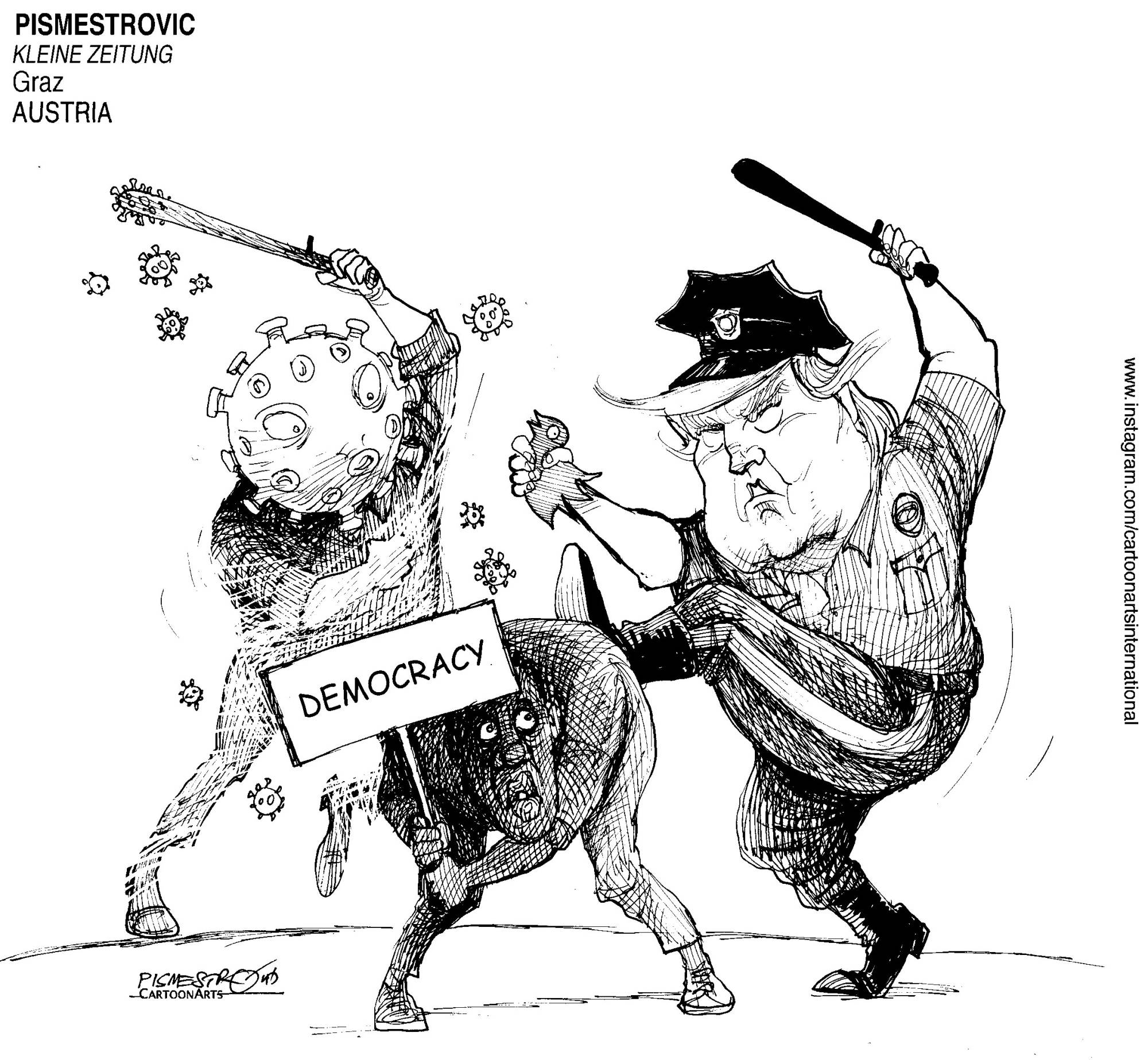As U.S. President Donald Trump repeatedly touts the possibility of a COVID-19 vaccine winning approval by Election Day, the companies he needs to make that happen are pushing back. And that’s a good thing all around.
On Tuesday, nine major coronavirus vaccine developers — including Pfizer Inc., AstraZeneca Plc, and Moderna Inc. — signed a joint pledge under which they committed not to submit their inoculations for Food and Drug Administration approval until they demonstrates safety and efficacy in a large, late-stage trial. It's an unusual statement; typically, the FDA is the one defending high standards, while drug manufacturers try to push boundaries. Unprecedented political pressure, combined with public unease over what some fear may be a rushed process, has forced a role reversal.
The statement is a laudable first move by an oft-criticized industry. The FDA and drugmakers have laid the groundwork for proper evaluation, with the agency requesting and pharma running 30,000 person trials to prove that the vaccine can prevent or cut the severity of disease by at least 50 percent. If everyone is patient, these studies will give reliable answers, which is what you want for shots that will eventually be used by millions. But the president's calls for speed and seemingly limited resistance from FDA commissioner Stephen Hahn have created concern that the agency might prematurely approve a vaccine and sow dangerous doubts. Someone had to step up to grow trust in the process, and the pharmaceutical industry may have felt it had no other choice. After all, the stakes are high: A successful vaccine represents the most promising way out of the pandemic. It's not a situation where errors are acceptable.



